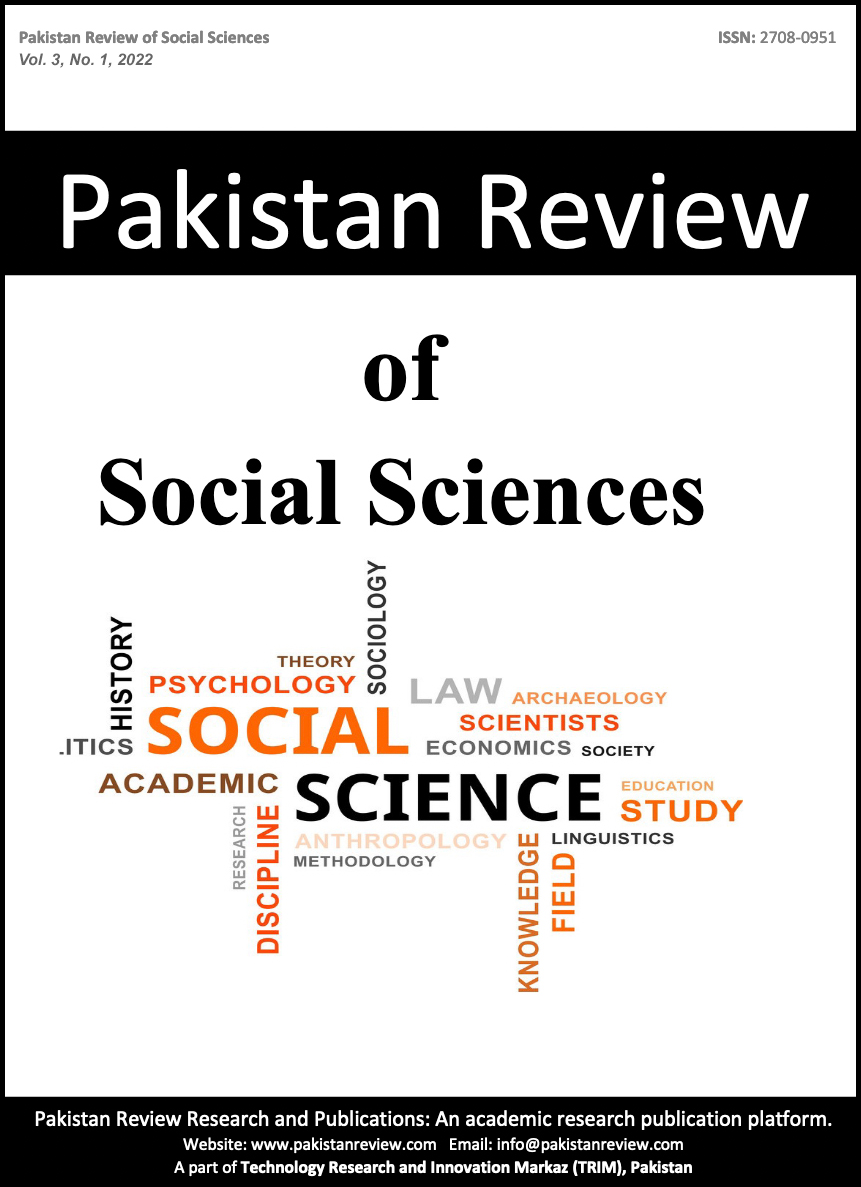POVERTY REDUCTION THROUGH VOCATIONAL AND TECHNICAL EDUCATION ;PAKISTAN AS CASE STUDY
Keywords:
Belfour declarationAbstract
There is an example in the Chinese language, don't give a man a fish, but teach him to catch fish. Poverty has various manifestations including lack of income and productive resources sufficient to ensure sustainable livelihood, hunger and malnutrition, ill-health, limited or lack of access to education and other basic services, increased morbidity and mortality form, illness, homelessness and inadequate, unsafe and degraded environment, as well as social discrimination and exclusion. Vocational and technical education has frequently been described as a form of education whose purpose is to prepare person(s) for employment in an occupation or group of occupations. The development of skills through vocational and technical education is now one of the most often-cited priorities by ministers of education in both developing and developed countries. The study is useful for policy makers, professionals, researchers and practitioners. To fill employment gaps and encourage economic recovery and even national security, governments have high expectations for technical and vocational education and training (TVET).
Downloads
Published
Issue
Section
License
Copyright (c) 2023 MAZAHIR ABBAS

This work is licensed under a Creative Commons Attribution 4.0 International License.
Submission declaration
Authors retain the copyright to their work and grant the Pakistan Review of Social Sciences (PRSS) the right of first publication under a Creative Commons Attribution 4.0 International (CC BY 4.0) license. This license allows others to share, adapt, and reuse the work for any purpose, including commercial use, as long as appropriate credit is given to the original authors and the journal.
By submitting a manuscript, authors confirm that the work has not been published previously (except as an abstract, lecture, or academic thesis), is not under review elsewhere, and has been approved by all authors and relevant authorities. Once accepted, the article will be openly accessible under the CC BY 4.0 license, ensuring wide dissemination and reuse with proper attribution.






